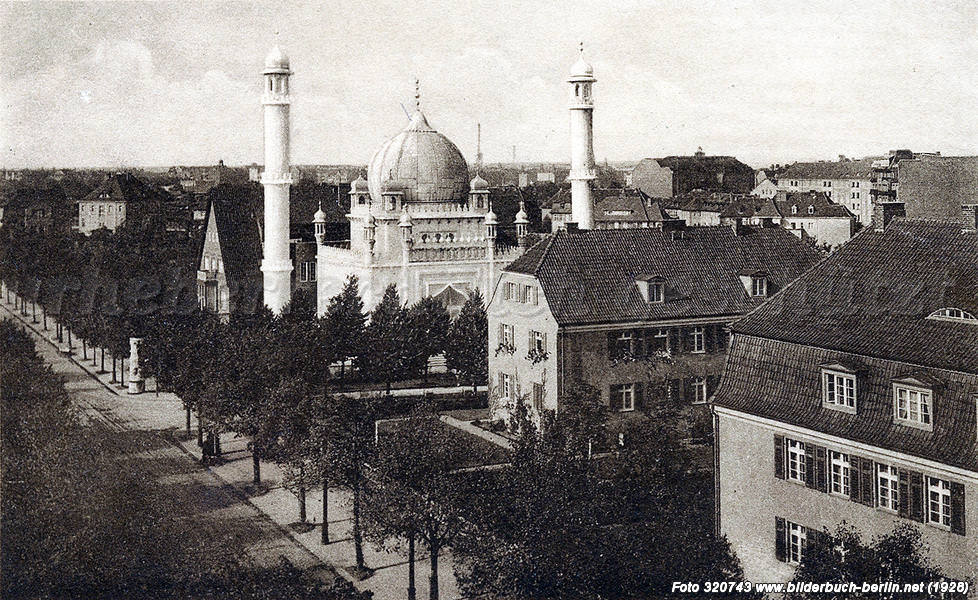Module 3: Religion & Culture
4. Muslim Responses During and After the War

Emerging History: North Africa and the Middle East
Exploring Muslim responses to the Holocaust expands our understanding of the history of the Holocaust while also enriching our understanding of Jewish and Muslim social relations in Europe, the Middle East and North Africa. While many have never considered how Muslims might be connected with the Holocaust, the fact that we don’t tend to consider this is directly related to how the Holocaust is framed.
In a powerful article about Sephardic Jews during the Holocaust, historian Henry Abramson argues that “The persecution of Sephardic Jewry has been under a double occlusion. First, although the Holocaust, in general, became the most well-known genocide of the modern era, it has been widely understood to be principally a European phenomenon, particularly eastern European and therefore the principal victims were Ashkenazic Jews. Sephardim, particularly those populations in northern Africa, have not been considered part of the major narrative and have usually been ignored in popular treatments of Jewish suffering during World War II.”
Abramson, Henry. 2005. “A Double Occlusion: Sephardim and the Holocaust.” In Sephardic and Mizrahi Jewry: from the Golden Age of Spain to Modern Times, edited by Zion Zohar. New York: New York University Press: 285.
The second occlusion, or closing off our understanding, comes from the fact that so few scholars have devoted their attention to this history. Although historians knew of deportations and forced labour camps, and indeed we have oral histories and memoirs testifying to those experiences, the experiences of Sephardi (and Mizrahi) Jews in North Africa and the Middle East are still rarely taught and are still underdeveloped as an area of study.
The historiography of the Holocaust is one that has developed over time, pursuing different questions and themes, as well as examining different geographical and regional histories. With new archival research and new evidence, our attention to understudied areas of research has triggered previously unexplored lines of questioning. It is only in the last 15 years, for example, that we know that the SS intended to extend the Final Solution to the murder of the 700,000 Jews in North Africa and the Middle East. The oral histories included in this module demonstrate how similar, but also how different, Jewish experiences were in North Africa vs. Europe. The simple difference of geography and climate loom large when we compare forced labour experiences in a frigid Polish winter vs. an arid desert in Tunisia.
The Jewish population of North Africa according to the 1941 French Census:
- Algeria – 110,000
- Tunisia – 80,000
- Morocco – 240,000
- Libya – 40,000
As you will see, the history of Muslims and Arabs during the Holocaust is similarly under-researched and is still emerging.
In this lecture, Dr. Deidre Butler focuses on Muslim responses to the Holocaust, both during and after the war, in Europe and North Africa. Key questions include: How did Hitler and the Nazis think about Arabs, Islam, and Muslims in terms of Nazi racial theory? Recruiting Arabs and Muslim to the Axis cause was a strategic effort on the part of Germany and its allies. How did Arabs and Muslims respond? Why did the Grand Mufti of Jerusalem work with the Axis allies in recruiting Muslims and in promoting Nazi propaganda in the Middle East? What do we know about Muslims acting as Righteous Gentiles in rescuing Jews? Although there were different types of Muslim responses, they are important to examine to develop a more nuanced picture of the diversity of Muslim responses. It is also important to highlight some of the positive stories of friendship and selflessness that in the past were not frequently told.

